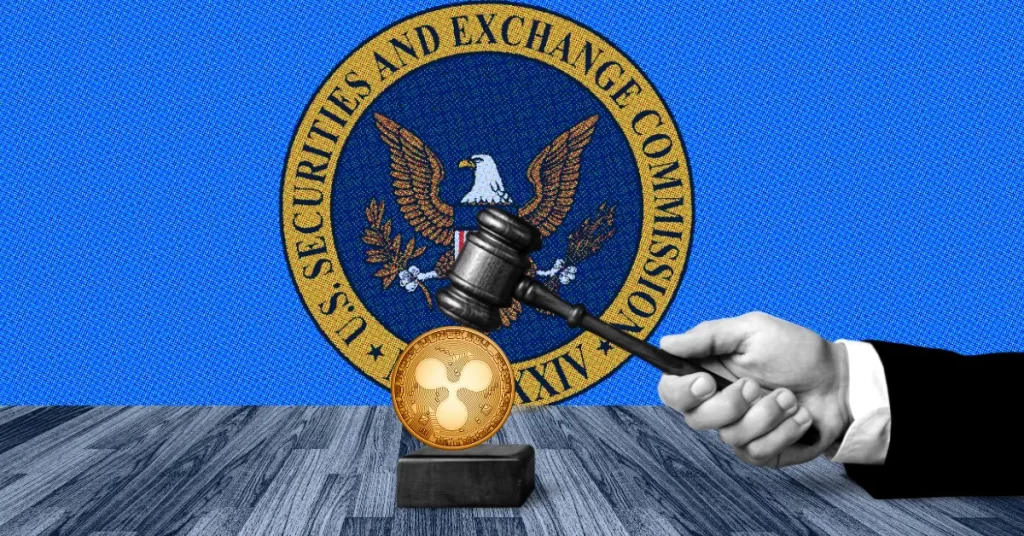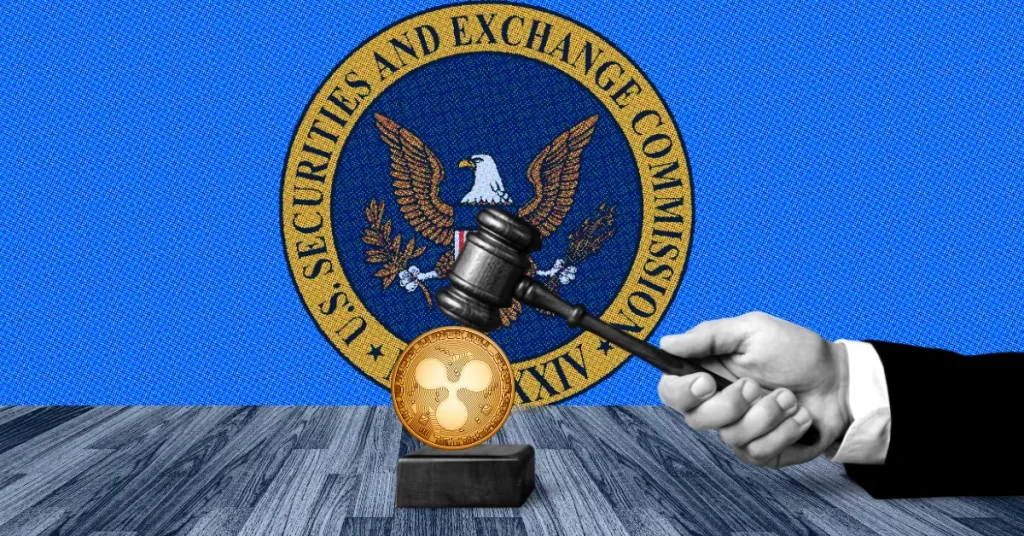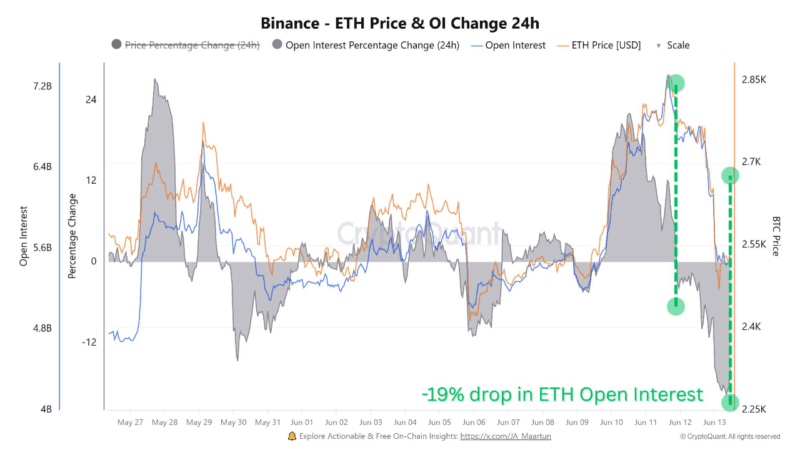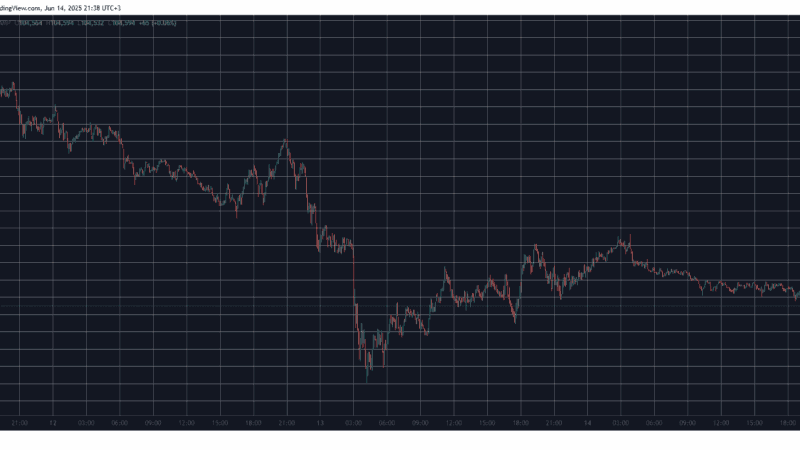Ripple CTO Challenges SEC’s Crypto Asset Security Definition


The post Ripple CTO Challenges SEC’s Crypto Asset Security Definition appeared first on Coinpedia Fintech News
David “JoelKatz” Schwartz, Ripple’s Chief Technology Officer, has expressed concerns over the U.S. Securities and Exchange Commission’s (SEC) interpretation of “crypto-asset security.” This dispute highlights the ongoing tension between the cryptocurrency industry and regulatory bodies.
Schwartz’s Critique of SEC’s Definition
Schwartz’s main argument revolves around the SEC’s approach in the context of the Wahi lawsuit. He contends that the SEC’s definition of crypto-assets resonates more with tokenized stocks and does not accurately reflect the nature of assets transferred via distributed ledger technologies. He argues that tokens, unlike traditional securities, are not contracts, transactions, or schemes and thus should conform to different legal criteria.
The Asset Debate and Ripple’s Stance
Delving into the semantics of “asset,” Schwartz illustrates that the term encompasses more than just the physical item in transactions. He uses the example of selling an apple to demonstrate that the transaction also involves legal rights, challenging SEC Chair Gary Gensler’s broad classification of crypto products as securities. This perspective is part of Ripple’s broader challenge against the SEC’s regulatory stance.
Legal Battles and Industry Reactions
The legal landscape is further complicated by a court ruling from Judge Torres, stating that XRP’s programmatic sales do not qualify as securities under the Howey Test. Contradicting this, Gensler maintains that the SEC’s interpretation is valid. Pro-XRP lawyer Bill Morgan criticizes the SEC for using vague terms to push its regulatory agenda.



